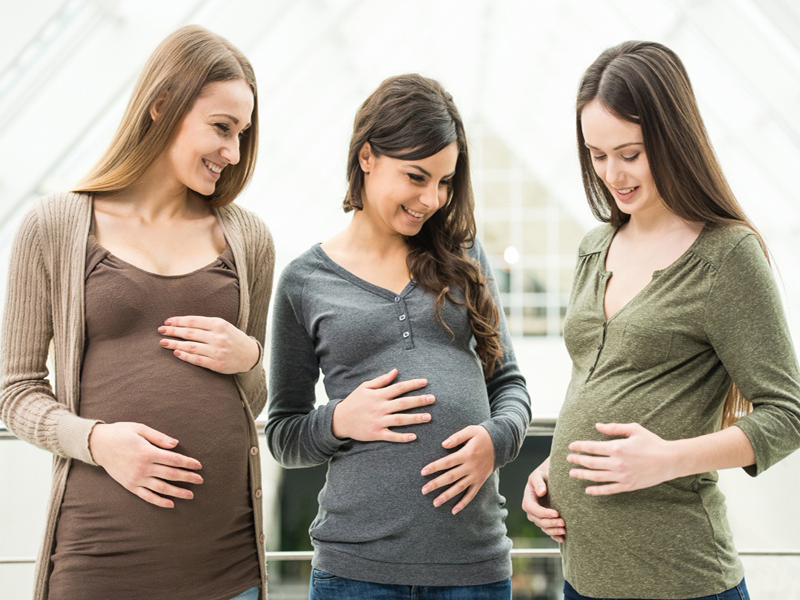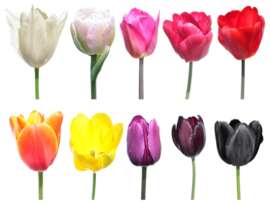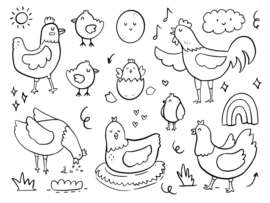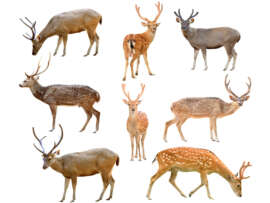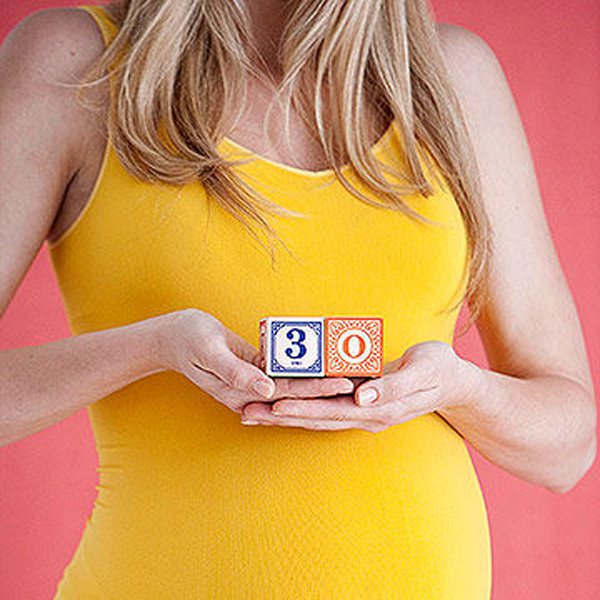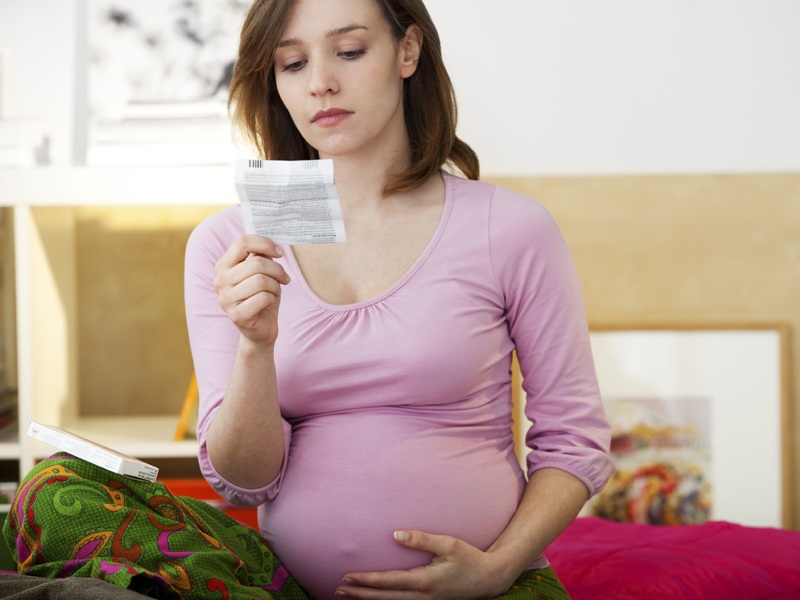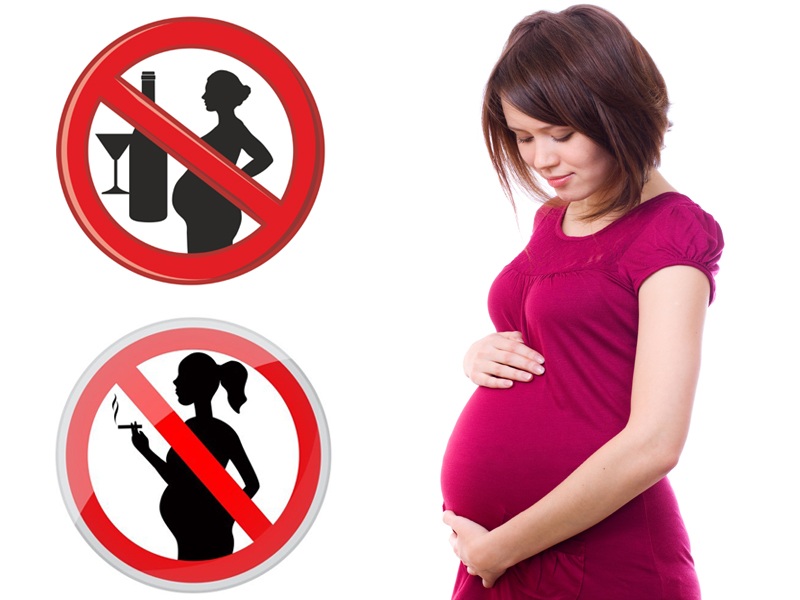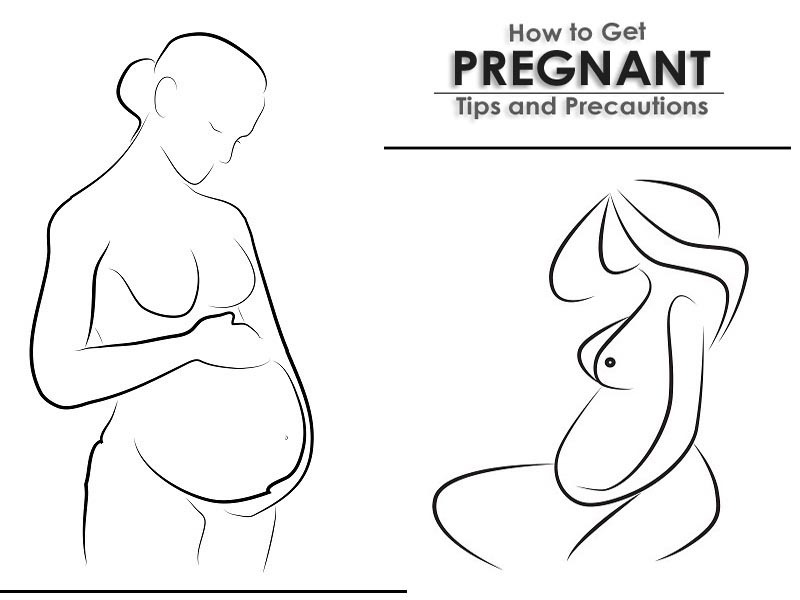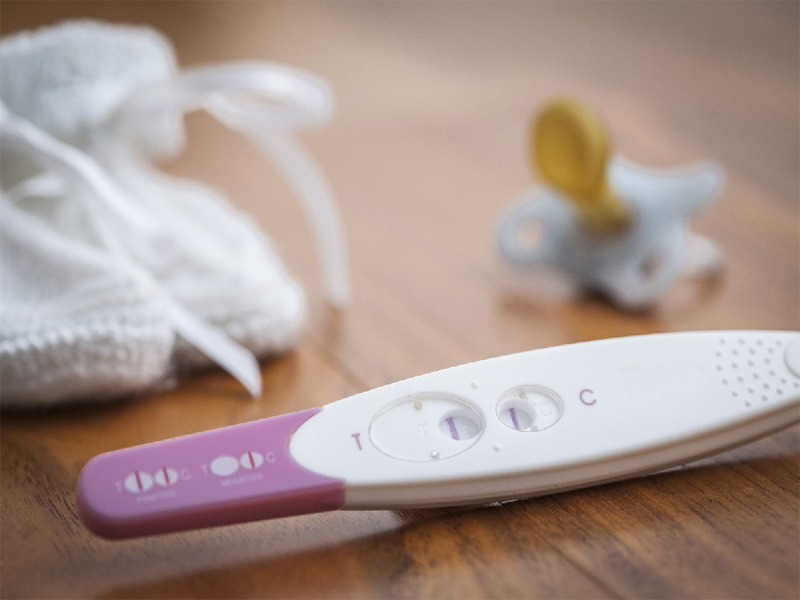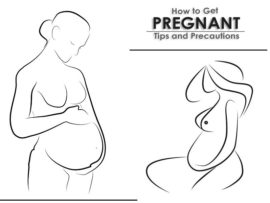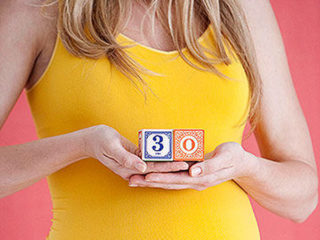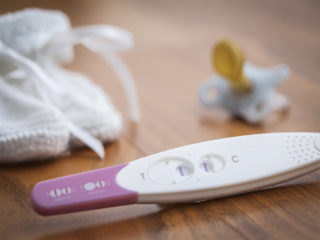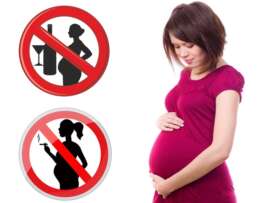There is a raging controversy as to what is the average pregnancy age to start a family. Irrespective, there will be certain disadvantages and advantages for different ages. You need to balance them all out and decide what’s best for you.
Best Age to Get Pregnant:
1. Age 20 To 30:
Goes without saying that you will have way more energy when you are in your twenties to run around your child. Of course, there might be trouble in your financial life, and you’ll have little personal experience. However, in your 20’s, getting pregnant is easier unlike ages 30 and 40. Staying pregnant is difficulties lurking around the corner. In the late 20’s you’re probably already settled and the situation isn’t as vague as the early 20’s, but the perks of pregnancy are still around.
Your Body in the 20’s:
Your most fertile years, you are having your regular periods and chances of your getting pregnant has high as 20% with each unprotected intercourse. When you conceive, risks of hypertension are more owing to your age. You are at a lower risk for gestational diabetes, which is a good thing. Once you conceive, it is easier for you to keep your risks minimized with frequent to trips to the doctor, since you don’t tire easily.
Emotional Needs:
Being pregnant in the 20’s takes away a major chunk of your work life and different women react in varying ways to the scenario. While some are resentful, some embrace their new motherhood, while some find difficulty in opening up and interacting with others.
Risks Posed:
Standing at 9.5%, the miscarriage rate for early year moms is as low as it gets. This is because your eggs are rather young and hence have less chances to be affected by birth defects like Down Syndrome.
After Pregnancy:
It is obviously easier to get back to your perfect shaped abs if you exercise right and eat sensibly. Even though you aren’t very kin on optimal fitness, you should be back to your normal self in a flash. Talking of long term health, your risks for breast and ovarian cancer is way less than it is when you try for a pregnancy at age 35-40.
See More: Chances Of Getting Pregnant After 30
2. Ages 30 To 40:
Although there is a decline in fertility, the social benefits are higher at many levels that at 20. People know you are ready, and don’t talk of your pregnancy as an ‘unfortunate mishap’. You don’t make hasty decisions, and most importantly, you have the much needed experience to bring a child into the world you have been around in for so long.
Your Body in the 30’s:
Chances of pregnancy go down significantly when you cross the threshold of 30. You might feel the need of an infertility treatment if you’ve been trying for too long without any benefits. IVF (In vitro fertilization) is a good deal too and has a success rate of about 25 to 28%. If you get lucky however, you usually need to give birth the caesarian way. Your egg production is reduced and hormones change lesser than it should. However, if you are lucky and you get pregnant, staying pregnant is difficult. So, do ensure to visit the clinic and get your doctors opinion occasionally.
Emotional Needs:
You have a job, you have the resources, you have the life you desired to live and it is going in the right directions. Now is the time you have finally decided to extend your family and everyone is so supportive. Sounds perfect right?
Risks Posed:
As you grow, your rate of miscarriage grows with you. It is as high as 11.7% when you are pregnant. 1 in 952 babies born from mother s of age 30 or above has the risk of having Down syndrome. Chromosomal abnormality rate is 1 in 385. Hard as it sounds, it is not all that bad.
See More: Self Abortion Home Remedies
3. Ages 40 To 50:
Your Body in the 40’s:
There has been a recent study that proves that women who tend to give birth without the help of fertility inducing drugs or assisting technology, live longer than the other half they are competing with. The reason behind being the abundance of estrogen, which makes you feel lively and has positive effects on your heart, tissues and bones. Even though the chances of you having a child in the 40’s is lower than 5%, being among the lucky ones help after all. How long you stay pregnant depends on your lifestyle and overall fitness.
Emotional Needs:
Your experience and maturity have reached a level where it is difficult to defeat you. Chances are you will be more patient than ever which is just perfect for a stress-free pregnancy.
Risks Posed:
A third of all pregnancies after age 40 end in miscarriage. Sounds scary, but the reason behind it usually a defective egg or a thin uterine lining, which can easily be fixed.
See More: Getting Pregnant After Depo
4. Over 50:
Your body:
Given the average age of menopause is 51, all pregnancies beyond 50 require assistance, which usually comes in forms of fertility drugs or donor eggs. Hormone supplements are welcome as well and by the time your placenta can produce hormones by itself, you will feel ready and determined. Follow some exercises to prep your body for the coming growth in itself.
Risks Posed:
All complications are obviously elevated, including hypertension and kidney trouble and placental problems. A regular assessing and monitoring will go above and beyond to provide just the care needed.
See More: Getting Pregnant After 35
Once you have gotten pregnant, take good care of yourself and that should seal the deal. After all, age is just a factor and shouldn’t affect the kind of mother you are going to be. If you are ready, and feel like you can support your child, there’s no harm in delivering the healthy ‘bundle of joy’ of yours. Let’s just conclude by saying the best age for pregnancy is when you feel ready.


